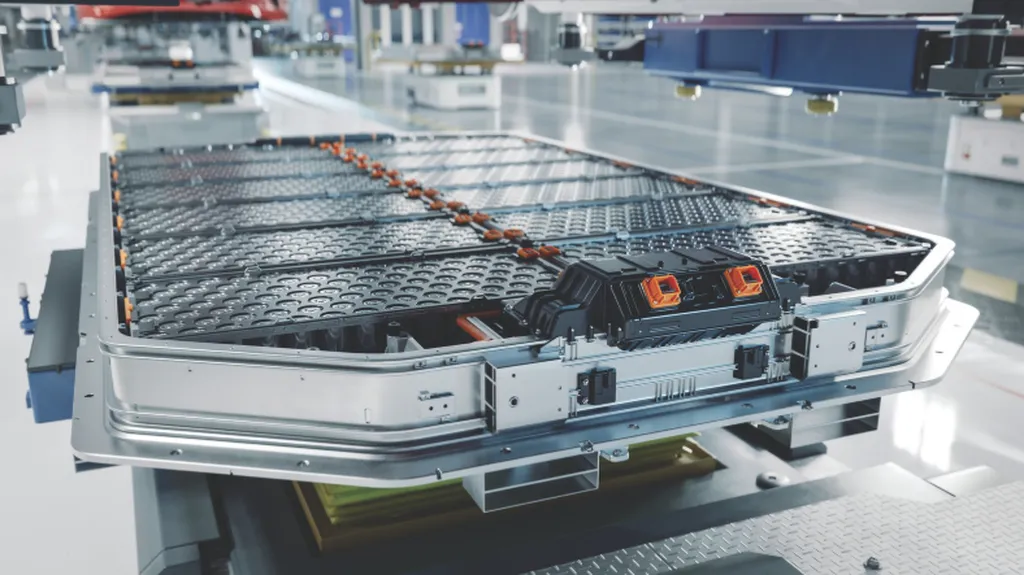**Summary:**
Researchers have proposed a new hybrid battery concept, SwiftPulse, inspired by biological systems, to address the challenges faced by electric vehicles and renewable energy systems. Current batteries struggle to simultaneously offer fast charging, long lifespan, and high energy storage.
**Key Points:**
1. **Hybrid Design**: SwiftPulse combines sodium-ion cells (for energy storage) with niobium-oxide cells (for high-power pulses).
2. **Pulse-Based Charging**: The battery uses pulse-based charging and a management strategy that allows clusters of cells to rest and recover.
3. **Performance**: Simulations suggest that a battery pack with mostly sodium-ion modules and a smaller fraction of niobium-oxide modules could:
– Achieve an energy density of over 175 Wh per kg.
– Last more than 10,000 charge-discharge cycles.
– Recharge to 80% in less than 10 minutes.
4. **Degradation Reduction**: Pulsed charging is shown to reduce ion buildup at the surface, slowing down degradation.
5. **Future Work**: The researchers outline a roadmap for experiments and suggest integrating machine learning to optimize pulse parameters and rest scheduling.
**Practical Applications for the Energy Sector:**
1. **Electric Vehicles (EVs)**: SwiftPulse could enable EVs to charge faster, last longer, and potentially reduce range anxiety.
2. **Renewable Energy Storage**: The battery concept could improve energy storage systems for renewable sources like wind and solar, making them more reliable and efficient.
3. **Grid Stability**: Faster charging and longer-lasting batteries could enhance grid stability by enabling better integration of intermittent renewable energy sources.
This research points towards a promising direction for battery technology, blending insights from biology, electrochemistry, and data-driven control to create safer, faster-charging, and longer-lasting batteries. However, further experimental validation is needed to confirm the simulated results.
Source: [arXiv](http://arxiv.org/abs/2509.23837v1)

